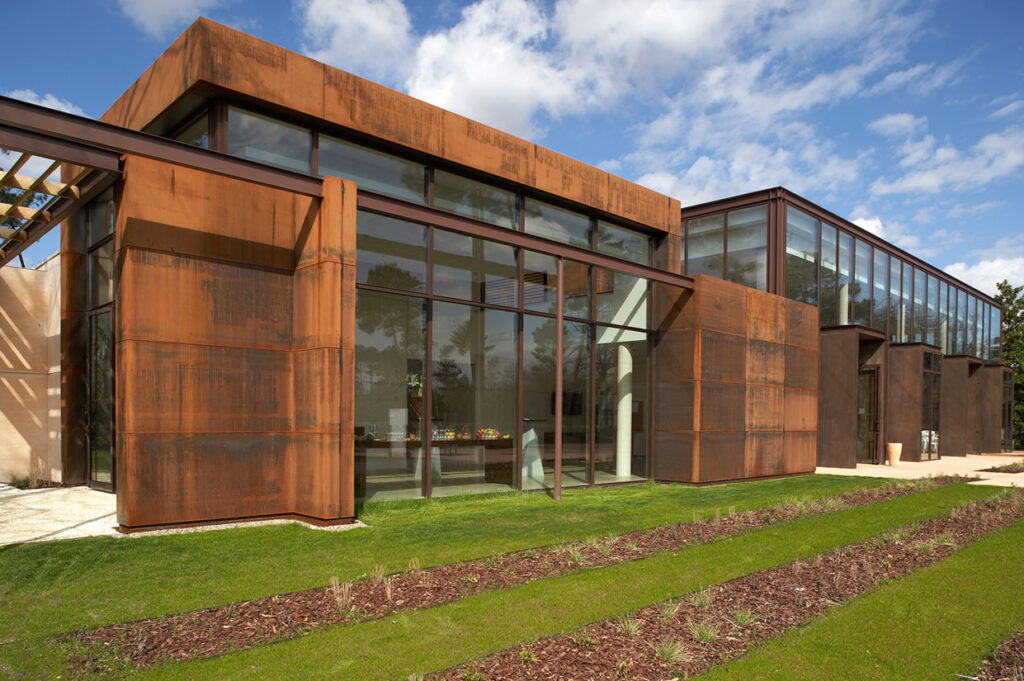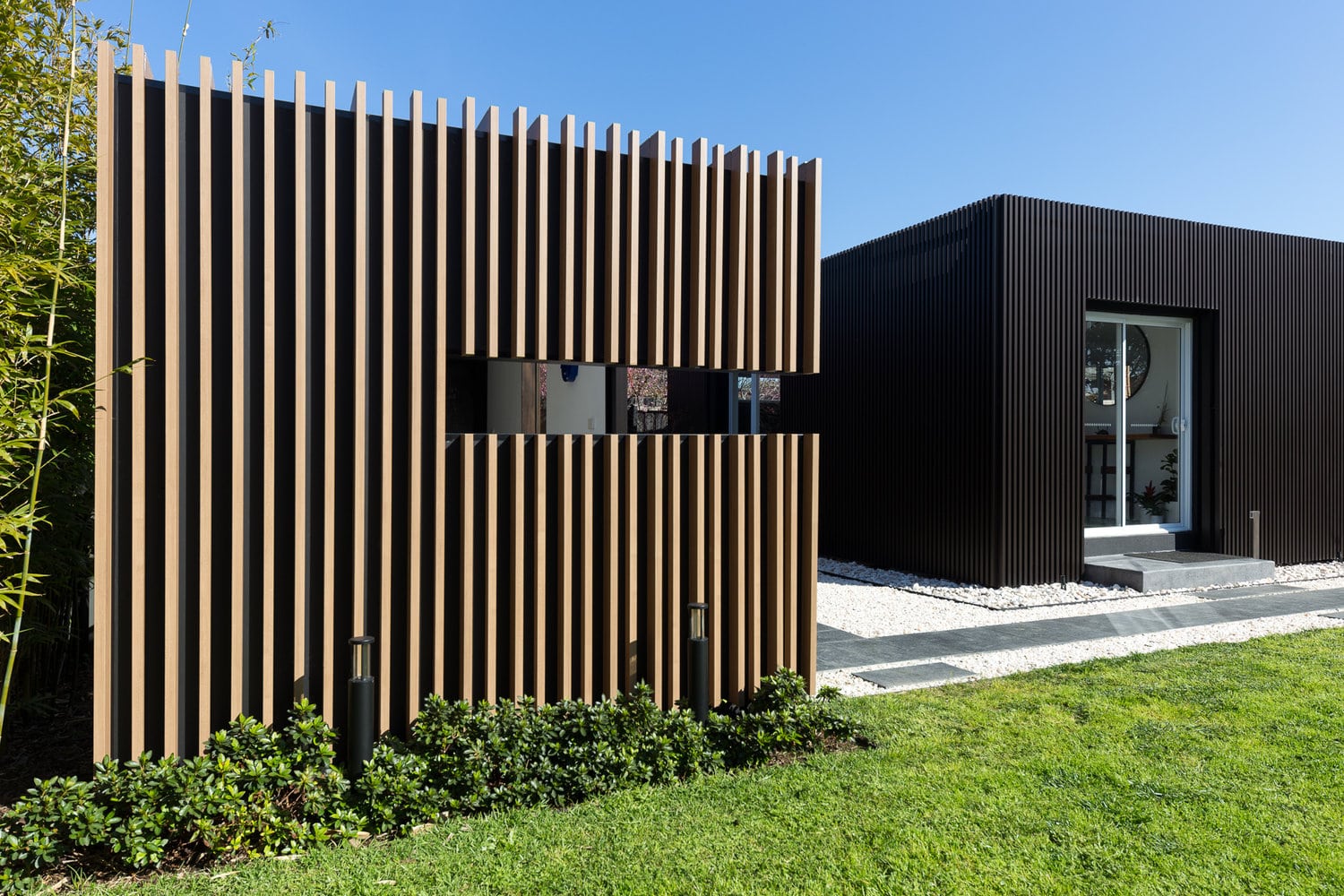It’s understandable that many people are concerned about fire safety given the terrible tragedies that have happened in recent years. Fireproofing systems are only one of the many steps you can take to ensure your home and business remain safe from fire hazards, however. Understanding what fire-rated cladding does, how it works, and where you can add it to your property will go a long way towards improving fire safety for you and those who live or work near you. This guide covers everything you need to know about fire rated cladding, so let’s get started!
Reasons You Might Want Fire-Rated Cladding
There are many reasons you might want Fire rated cladding on your home. Homes with fire rated cladding can be more aesthetically pleasing, especially if they are finished in brick or stone. This material can also provide added protection in case of a fire.
Another reason for installing this type of cladding is the sound dampening it provides for homeowners. Fire-rated cladding is a good option for those who live close to highways and have trouble sleeping due to noise pollution. The best part about this product is that it can look like any other kind of exterior siding. The downside is that not all types of fire-rated cladding offer water resistance, so some remodeling may need to take place as well.
Though it may be out of sight, your siding is critical to your fire safety. Siding contributes directly to a structure’s ability to pass fire-safety tests mandated by local building codes. Different materials have different fire ratings, so you’ll want to make sure that what you pick meets your needs before you make an investment in materials and installation. Here are five things you should consider when choosing a fire-rated vinyl siding material for your home or business.
 1) Length of service life. Vinyl has the longest life expectancy and the least maintenance requirement among all types of cladding available today.
1) Length of service life. Vinyl has the longest life expectancy and the least maintenance requirement among all types of cladding available today.
2) Price range. The cost can vary significantly depending on where you live, the type of cladding you choose, as well as other factors like size and height.
3) Design flexibility. Vinyl offers more design options than any other cladding material because it comes in a variety of colors and textures, including stone look tiles that simulate brick or masonry patterns.
4) Surface protection. It’s important to keep surfaces clean to help prevent deterioration and rusting over time.
5) Aesthetics. Some homeowners prefer traditional wood shingle styles, while others prefer metal roofing which resembles slate tiles or cedar shakes.
Conclusion
There are various ways you can ensure your business is a safe one. Fire rating cladding is very important in ensuring a fire doesn’t break out, which can cost you a lot of money and time. Understanding how fire cladding works and what kind of rating it offers will help make sure that your business doesn’t suffer from any unfortunate events. Your next step should be contacting an expert for more information about fire rated cladding for businesses.

